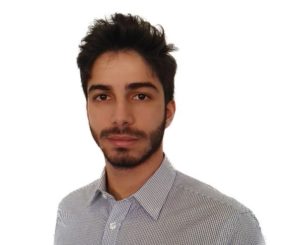 Tell something about yourself?
Tell something about yourself?
I got my Bachelor’s degree from university of Kashan, Iran in Computer Software Engineering, and a Master’s degree in CIMET (Color in Informatics and Media Technology) an Erasmus Mundus Program consortium of four European universities. During the Master’s studies, I spent the first year at university of Jean Monnet (branch of Lyon universities) in France, and the third semester at university of Eastern Finland. CIMET program focused on topics like Computer Vision, Image Processing, Spectral Imaging and Machine Learning. I had an opportunity to put education into practice in my Master’s thesis, “Light Field Super Resolution”, at Media Computing Lab of Technicolor R&D company in Rennes, France.
Why did you apply to ETN-FPI project?
Since ETN-FPI project aims at advancing the research in the areas of plenoptic and light field, it covers my fields of interest, and motivated me to join this research network.
What kind of expectations do you have for your research project and network training?
I expect to build new knowledge upon the state of art methods in this field, and hope to use the benefits of this advance training network to find solutions to at least one the challenges in this area of technology.
Faezeh Sadat Zakeri will be based in Fraunhofer IIS 2016-2019, and her research project “Lightfield imaging for cinema quality media production” is linked to Work package 2.

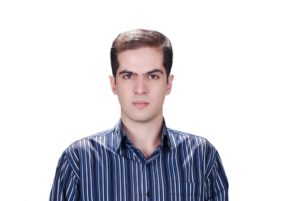
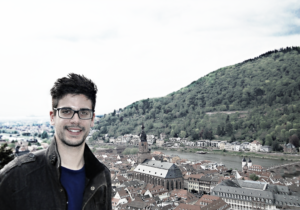
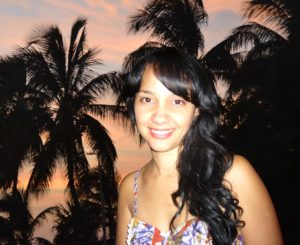

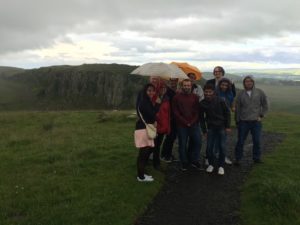

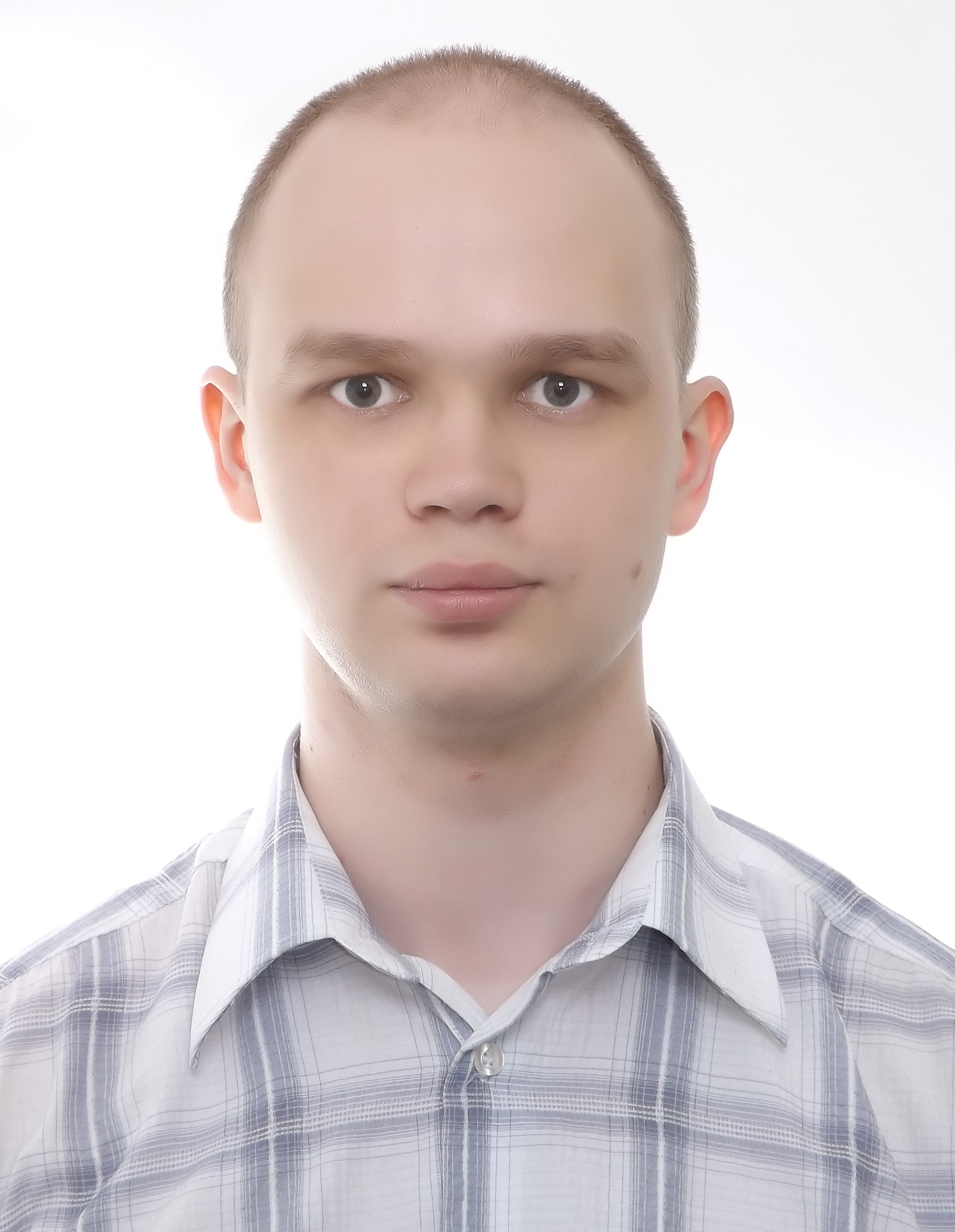 ething about yourself?
ething about yourself?